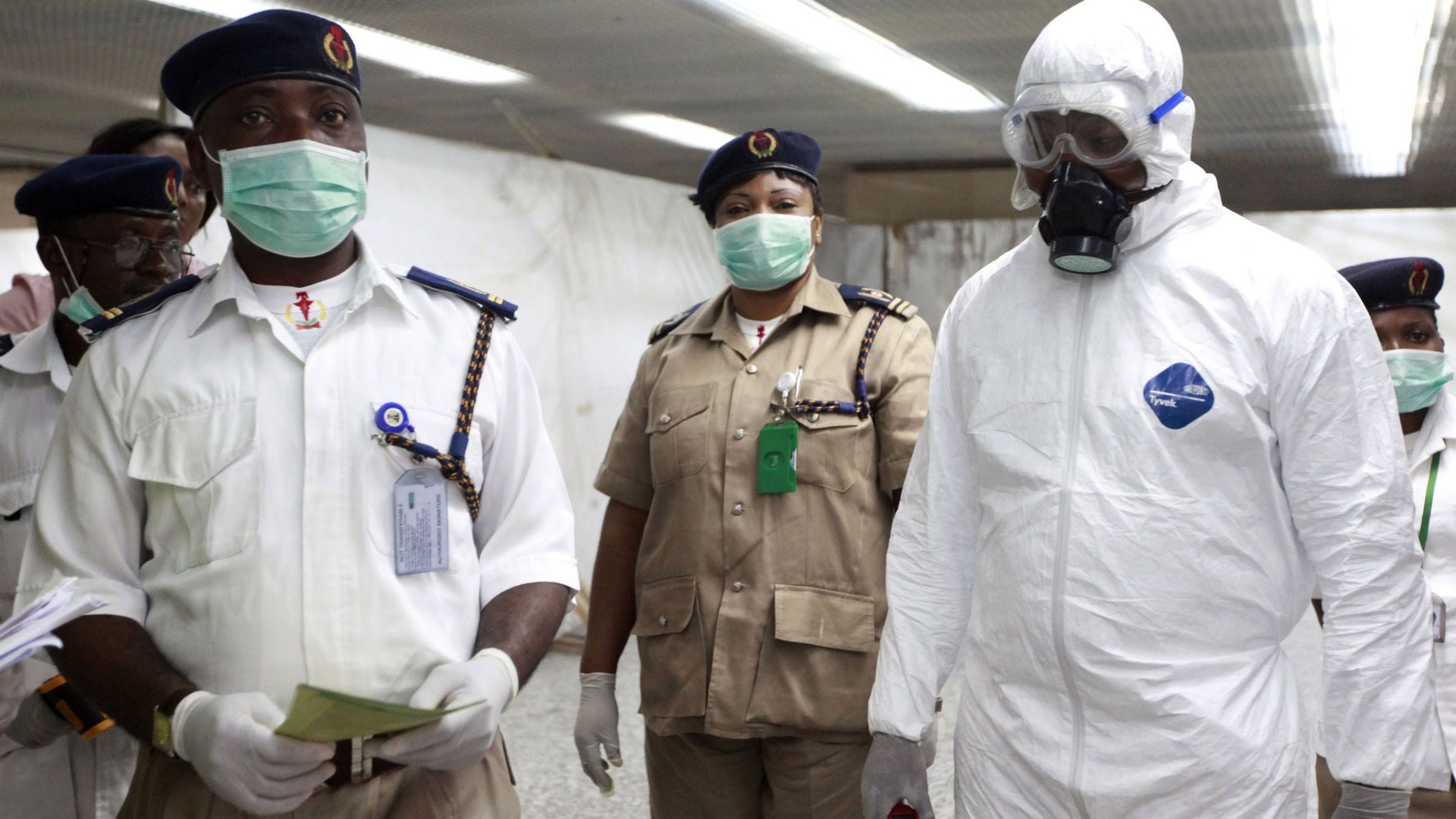Nigeria has confirmed an Italian man as Sub-Saharan Africa’s first coronavirus case
The Nigerian government, through its health ministry, has confirmed the country’s first case of coronavirus.


The Nigerian government, through its health ministry, has confirmed the country’s first case of coronavirus.
The case was confirmed on Feb. 27 as an Italian business traveler who arrived in Lagos from Milan on Feb. 25—Nigeria’s densely populated economic capital. The diagnosis was confirmed at the virology laboratory of the Lagos University Teaching Hospital.
Authorities say the patient is “clinically stable” and is being treated at a dedicated facility for infectious diseases. As part of containment efforts, the health ministry also says it has began working to identify and track down possible contacts of the country’s index case. Nigeria’s minister of health also says the country’s Centre for Disease Control has activated a national emergency operation center to respond to the confirmed case and other potential infections.
While the confirmation of an infection is worrying given Lagos’ dense population, health officials are quietly confident their experience in containing a potentially devastating 2014 Ebola outbreak will prove crucial.
But, in truth, Nigeria’s success with the Ebola outbreak was largely due to the heroics of the late Dr. Ameyo Stella Adadevoh who was part of the team that diagnosed, quarantined and treated Nigeria’s first Ebola patient in Lagos. While Dr. Adadevoh helped contain what could have proved a deadly outbreak in Nigeria’s densely populated commercial center, her actions ultimately, it came at the cost of her life.
This time around, Nigerian public health officials are being a lot more deliberate about their preparations, from issuing public health advisories to conducting specialized training for rapid response teams across every state in the country.
Some of the optimism and quiet confidence around the coronavirus threat in Nigeria in particular has been the relative transparency and communication efforts by the authorities in trying to both inform and calm speculation about the disease.
With the first confirmed coronavirus cases now popping up on the continent (Egypt has confirmed one case while Algeria has confirmed two), fears will inevitably grow across Africa especially given relatively weaker public health systems. Yet, several African countries have been proactive in preparing for possible outbreaks, setting up airport checks to detect symptoms, bio-facilities for quarantine and laboratories for quick diagnosis of the virus.
Public health specialists also suggest that African countries previously affected by Ebola will now have increased knowledge bases of how to handle viral outbreaks.
Sign up to the Quartz Africa Weekly Brief here for news and analysis on African business, tech and innovation in your inbox